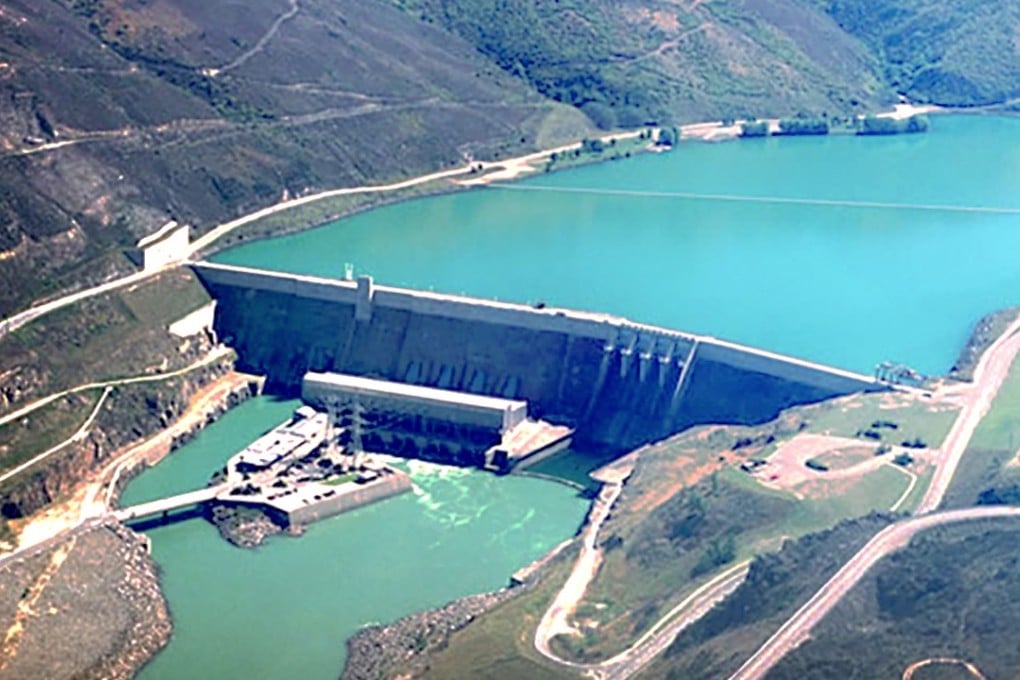Is China trying to play mediator in Central Asia with offer to include Afghanistan in trade plan?
Beijing also keen to boost anti-terrorism exchanges with Kabul to ensure security across the region, military chief says

By offering to include Afghanistan in the China-Pakistan Economic Corridor project, Beijing may be seeking to mediate in a decades-long dispute between its two neighbours, but analysts have questioned how effective it can be.
“China is concerned about both countries. As a mediator it is trying to get them to communicate, but it won’t get too involved,” Pan Zhiping, head of the Central Asian Studies Institute at the Xinjiang Academy of Social Science, said.
According to a statement released by China’s defence ministry, Xu Qiliang, deputy chairman of the Central Military Commission, told Afghan acting Defence Minister Tariq Shah Bahrami at a meeting in Beijing that China “supports the reconstruction of Afghanistan”.
“China will strengthen military exchanges and anti-terrorism cooperation with Afghanistan to ensure security between the two nations and the region,” he said.
The talks between the two officials came a day after a trilateral meeting between the foreign ministers of China, Afghanistan and Pakistan.
Chinese Foreign Minister Wang Yi said on Tuesday that China and Pakistan would look at extending their US$57 billion China-Pakistan Economic Corridor into war-torn Afghanistan.